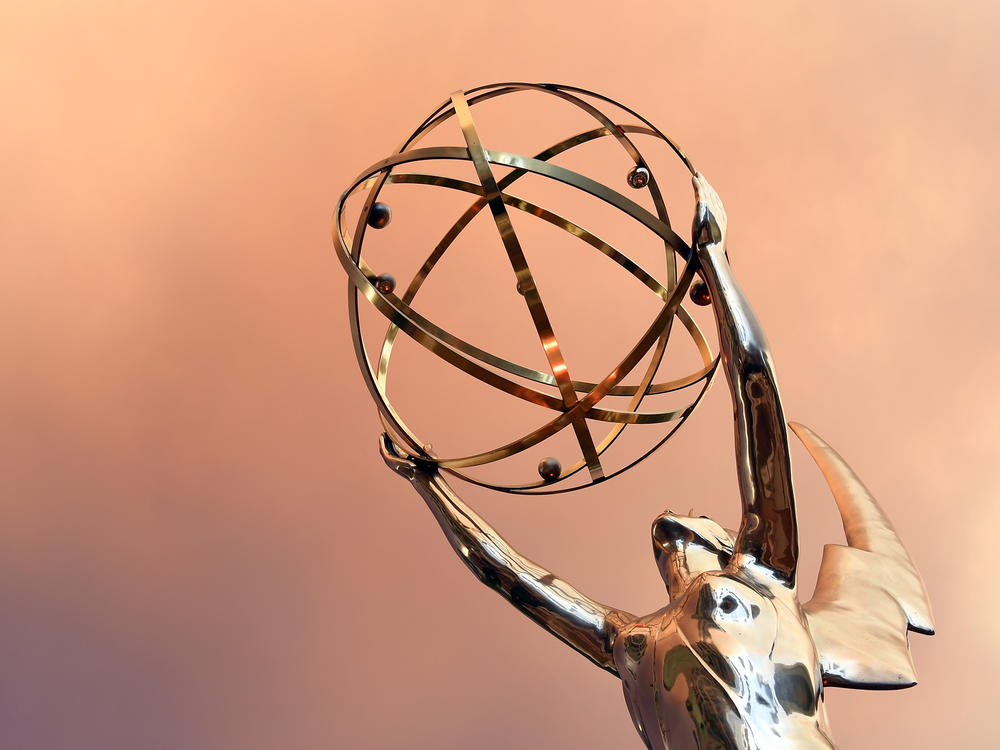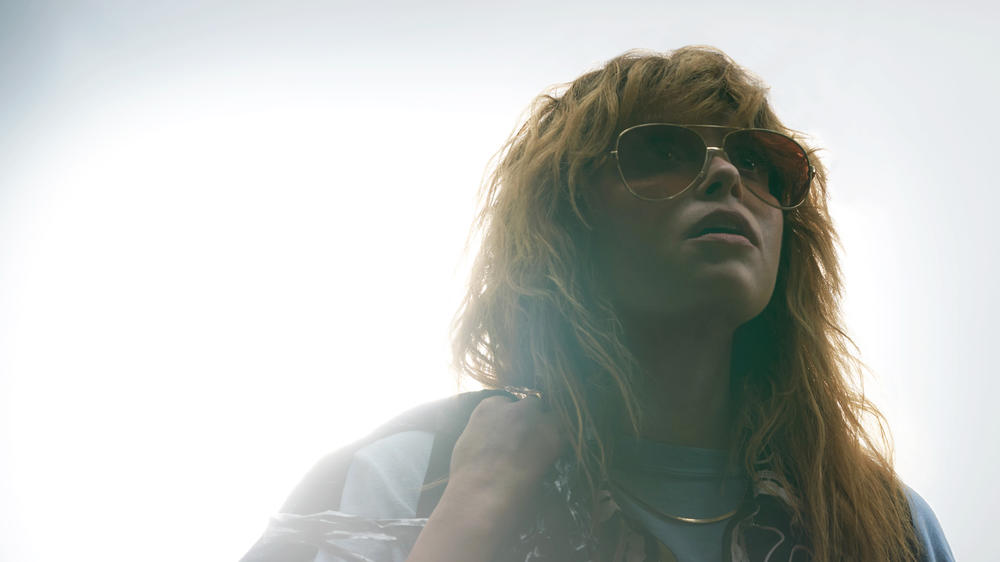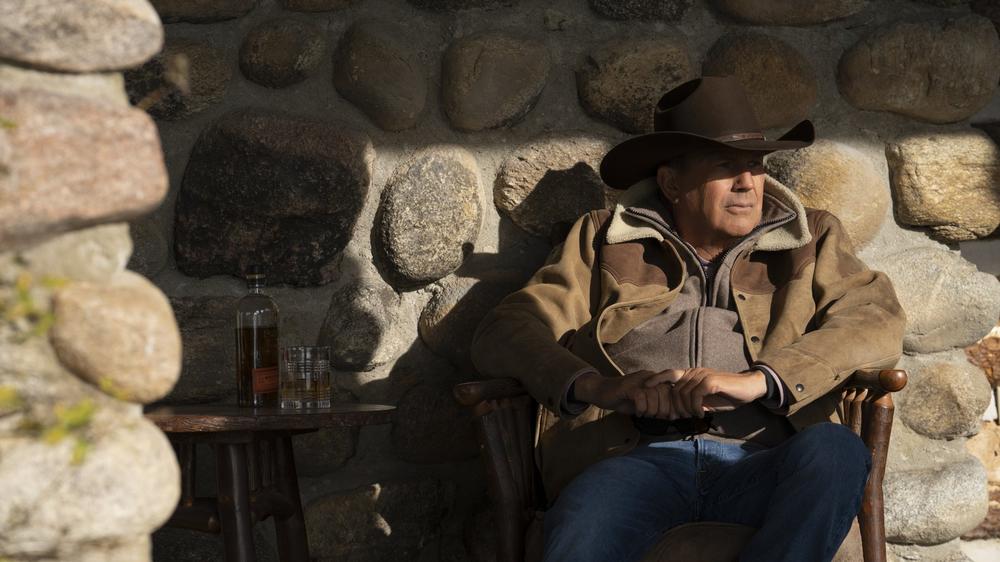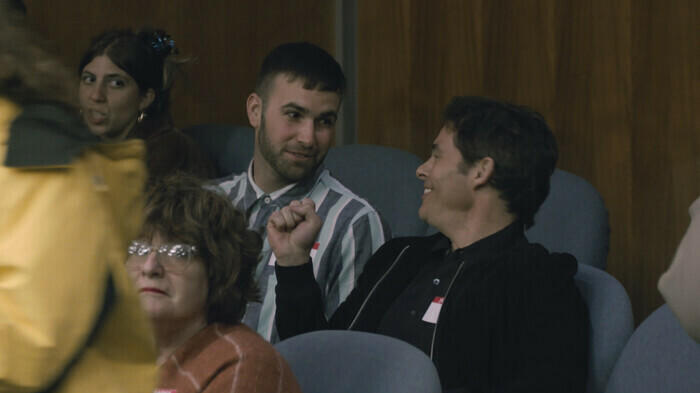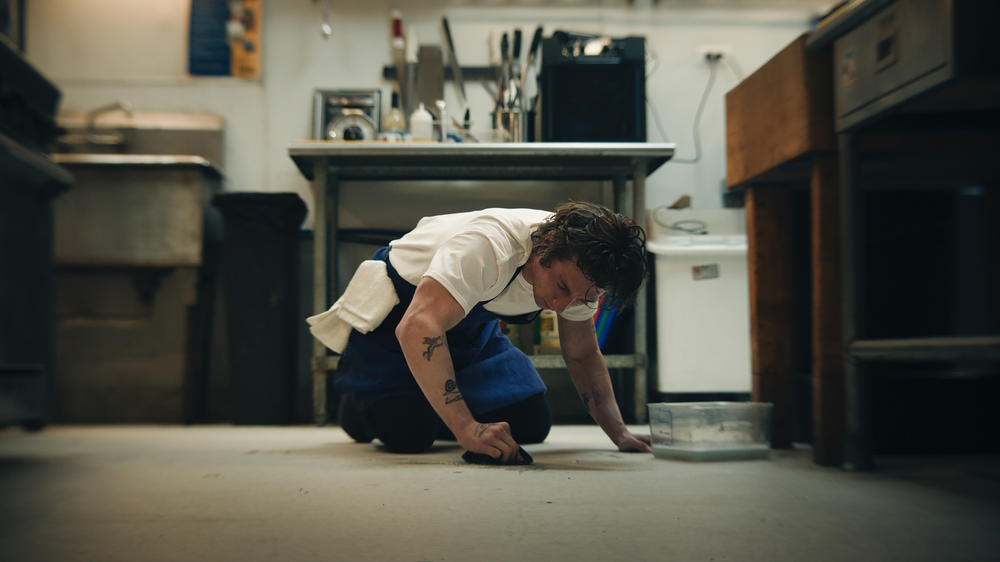Section Branding
Header Content
It's going to be a weird year at the Emmys: Here are our predictions
Primary Content
It's going to be a strange Emmys year. It just is.
This year's awards come in an atmosphere of profound labor unrest, most obviously in the form of the writers' strike that's been going on since May and the threat of a Screen Actors Guild strike that could happen as soon as this week. (In fact, the SAG contract is now set to expire on July 12, the same day the nominations are announced.) Emmy campaigning has already been affected by the WGA strike, and if either strike is still going on in mid-September when the telecast is scheduled, those conditions will scramble the whole thing. And on a deeper level, that unrest — along with developments like the publication of Maureen Ryan's blistering industry exposé Burn It Down — has put enthusiasm about good television in a complicated position alongside ambivalence about how streaming TV is made and the toll that the business takes on well-known and little-known people alike.
Even in a less tempestuous year, it can feel like Emmy history that's more than about five years old is irrelevant. How do you compare the Emmys of the 1980s -when there were essentially three commercial channels plus PBS to choose from with 2023? How do you compare a time when mainstream success often meant running for 10 or 11 seasons with a situation like we're in now, where four or five is a really good run? Or analyze seasons of 22 or 23 episodes alongside ones with only eight or ten? Or compare a time when there were five nominees in a category to now, when there are eight?
Of course, one answer is that the Emmys (and awards in general) don't matter, but what matters is a tricky calculation. The Emmys remain television's highest-profile form of acclaim, and something like the strong showing last year from Abbott Elementary can help in the critical task of broadening what the industry thinks of as its best work. It's easy to say Emmys don't matter when you're swimming in money and you're already powerful in your field. The more I've watched awards seasons, the more I've thought of them strategically, as things that could help strengthen the hands of writer-creators (like Abbott's Quinta Brunson) at a time when their work feels particularly precious.
Big debuts
One big way that the Emmy can matter is in welcoming and boosting new shows — and they still do that, even in the crowded landscape we have now. Big awards recognition out of the gate helped the profiles of shows like Squid Game, The Marvelous Mrs. Maisel, Ted Lasso, and The Handmaid's Tale. So where might new shows make a big splash?
Of the eight comedy series nominated last year, two aren't eligible this year (Hacks and Curb Your Enthusiasm), so there are at least two spots there that might well go to new shows. The leading candidate is probably FX/Hulu's The Bear, which one could argue is misplaced in the comedy category, but which seems likely to land a comedy series nomination as well as nods for writing, directing and acting.
Slightly longer shots that would still be richly deserving could include Peacock's Poker Face, the throwback crime-of-the-week show featuring Natasha Lyonne, or Shrinking, the Apple comedy series that seems like a good bet to bring Harrison Ford his first Emmy nomination. Poker Face could rack up a lot of nominations in part because of its stellar lineup of guest stars, 21 of whom (including big shots like Joseph Gordon-Levitt, Lil Rel Howery, Adrien Brody, Stephanie Hsu and Hong Chau) have had their names submitted as potential nominees.
The drama, oh, the drama
This is one place where you do get into a little math. The most obvious new entry, and one that could end up with a lot of nominations, is HBO's The Last of Us, its highly praised adaptation of the video game. Beyond that, this likely roster gets tricky.
The drama series category looks at first glance like it's intriguingly open this year because of the absence of five of eight of the 2022 nominees: Ozark, Euphoria, Stranger Things, Squid Game and Severance. (Ozark is over; the others are hibernating.) However! 2023 brings the return to eligibility of both The Crown and The White Lotus, which have been nominated before but weren't in the running last year. Assuming those are both nominated, along with remaining 2022 nominees Yellowjackets, Succession and Better Call Saul, plus The Last of Us, that leaves two more slots in drama series. There are big franchise entries like Andor, The Mandalorian and House of the Dragon that could fill those slots, certainly. The power of Netflix might boost something of theirs like The Diplomat, which starred Keri Russell, who was a staple of golden-age prestige cable TV and a three-time nominee for The Americans.
But perhaps the most intriguing possibility is Yellowstone, which has benefited for years from public theorizing that its popularity makes its lack of nominations suspect or political (an argument that seems never to attach to the many broadcast procedurals that are also very popular and rarely nominated). Given the sheer power of the Taylor Sheridan machine, Yellowstone just might get that drama series nomination and, oddly, take a blow to its narrative of being a Hollywood outsider despite being, in many ways, a very traditional nighttime soap.
The story of the moment
The Emmys are not a reliable gauge of quality, but they give hints about what's on the mind of the industry as a whole. Sometimes, that seems related to what's going on in the wider world, as when The Handmaid's Tale won outstanding drama series in 2017, or when the extremely gentle, catch-up-on-Netflix comedy Schitt's Creek cleaned up in the fall of 2020, when pandemic isolation was at its peak. Sometimes, as happened with the Oscars when Top Gun: Maverick was nominated for best picture, it seems to reflect gratitude for what a show was able to do for the business behind it, as when Ted Lasso became a surprise hit for Apple when that service was still wobbly. That's not to say voters didn't also love these shows; they did and do. But it can take more than that. It can take being the right story at the right time.
The most interesting nominee to find itself in the right place in the right time this year could be Jury Duty, the reality-improv hybrid comedy series. It had a concept that was hard to explain: A lone man named Ronald believes he is genuinely on jury duty, but everyone around him is an actor, including actual movie star James Marsden, appearing as a version of himself. Jury Duty aired on Freevee, Amazon's ad-supported streaming service, where the ability to launch original series successfully was unproven. And while the show had one recognizable star, it otherwise revolved around performances from comic actors who were, by necessity, low-profile enough that Ronald wouldn't recognize them.
That Jury Duty built the buzz it did — The New York Times called it a "surprise hit" while acknowledging that nobody actually knows how many people watched it — undoubtedly came as a happy surprise to anyone watching for new ways forward as subscription services consolidate and cable fades. A comedy series nomination seems plausible, as does a nomination for Marsden — because people like the show, yes. But also because nothing would make some parts of the television industry happier than the idea that ad-supported streaming might be accepted by more viewers for more uses than it has been thus far — except perhaps the suggestion that highly paid stars are, in fact, not necessary.
In a strange year, an inescapable discomfort
It's been hard for the last couple of months not to think about writers the most when thinking about good television. The Bear will probably be nominated for a bunch of things this week, but Alex O'Keefe, one of its writers, said on Twitter in April: "I won the lottery, and landed a gig on a low-budget show that became a national sensation. The Bear was a gift, but in the end, The Bear was a gig. And between gigs, I barely survive."
It's interesting that Hollywood finds itself in conflict partly because of the lesson The Bear teaches over and over: Greatness comes from talent, sure — but also support, learning, practice, and the time to shape that talent in a functional, if sometimes chaotic, workplace. Perhaps the Emmys that most meet the moment this year would be ones that serve as a reminder that nurturing your creative community is the best way to nurture your industry.
Copyright 2023 NPR. To see more, visit https://www.npr.org.
